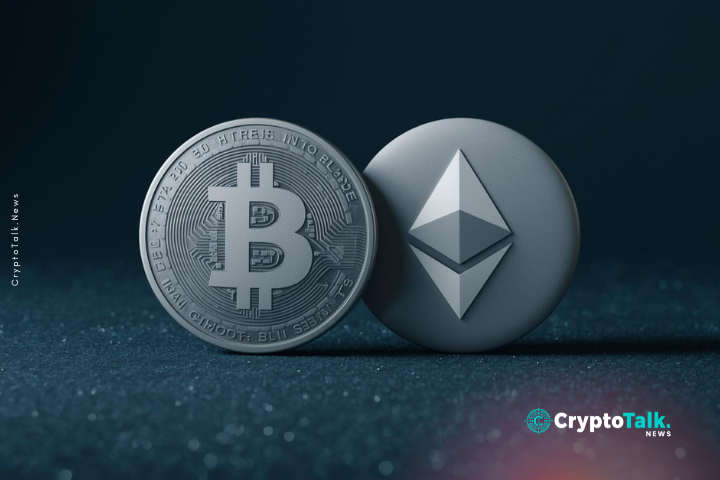Crypto markets experienced a sharp downturn this week, triggered by escalating U.S.-China trade tensions that sent panic through traders and briefly caused some token prices to display zero. The sudden volatility wiped out substantial gains in minutes, underscoring the sector’s enduring sensitivity to geopolitical events. In response to the turmoil, Binance announced a $400 million relief initiative designed to stabilize market confidence. Of this, $300 million will be distributed as token vouchers for users affected by liquidations, while $100 million is earmarked for low-interest loans to participants in the broader crypto ecosystem. While Binance stressed it will not cover direct losses, the move aims to reassure traders and restore trust after interface glitches and technical issues amplified the chaos.
Traditional finance is also stepping into the crypto arena. JPMorgan revealed plans to offer trading services to its clients, signaling deeper engagement with digital assets. Although custody services remain off the table, the bank’s pivot highlights the ongoing convergence of conventional banking with blockchain markets. Corporate interest in Bitcoin continues to surge, with the number of companies holding BTC increasing 38% in just three months. Total corporate Bitcoin holdings now exceed $117 billion, led by MicroStrategy with more than 640,000 BTC, while Tesla maintains 11,509 BTC despite partial sales. Analysts suggest these moves strengthen Bitcoin’s legitimacy as a reserve asset and pave the way for new financial products and investment vehicles tied to crypto.
High-profile voices also weighed in, including Elon Musk, who praised Bitcoin’s energy-intensive proof-of-work system as a hedge against fiat currency inflation. Framing Bitcoin as “sound money,” Musk reinforced the narrative of the digital asset as a reliable store of value amid market turbulence. The week’s developments highlight a growing tension: crypto remains an attractive alternative for investors and corporations, yet its volatility is undeniable. Exchanges, banks, and corporations are adapting quickly, but market participants should brace for continued swings as the industry matures.
Looking ahead, the combination of institutional adoption, corporate accumulation, and exchange-led support initiatives suggests that crypto markets are gradually integrating with mainstream finance. While volatility will remain a defining feature, these developments signal a broader path toward legitimacy and resilience in the global financial ecosystem.
Author
-

Lena Hartman is a London-based crypto journalist and blockchain researcher with over 7 years of experience covering the global cryptocurrency markets. She earned her Master’s degree in Economics and Blockchain Technology from University College London (UCL) and has become a trusted voice in the world of digital finance. At CryptoTalk.news, Lena writes expert-level content on DeFi, NFTs, crypto regulations, exchange trends, and tokenomics. Known for her deep-dive analysis and sharp editorial insights, she helps readers understand both the technical and financial sides of the crypto space. Her work has also been featured in Euro News 24, Wall Street Storys, Daljoog News, and Wealth Magazine, where she covers everything from macroeconomic impacts on Bitcoin to emerging altcoin ecosystems. Lena is an advocate for financial literacy, a speaker at blockchain meetups, and a contributor to various open-source crypto education projects.
View all posts

























